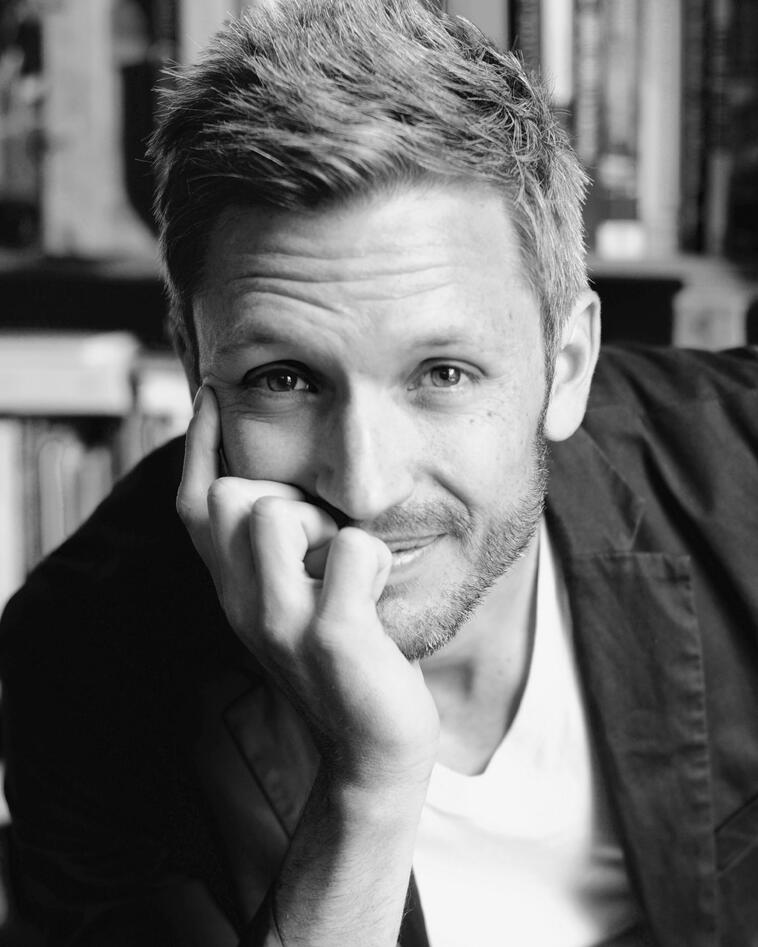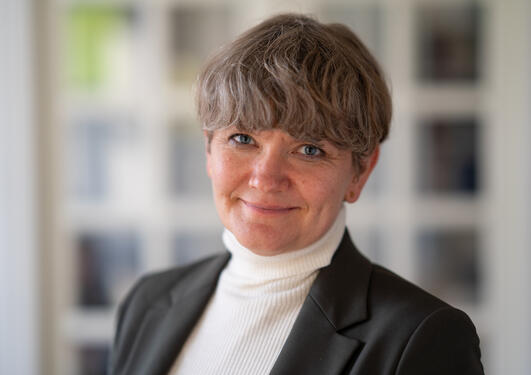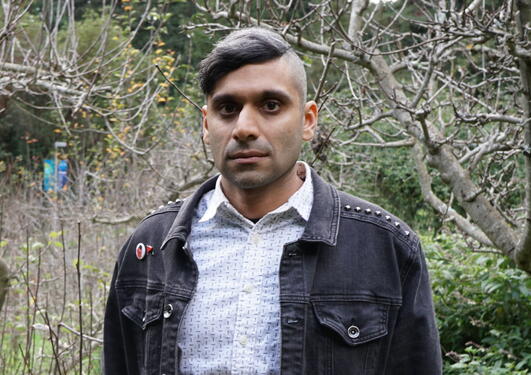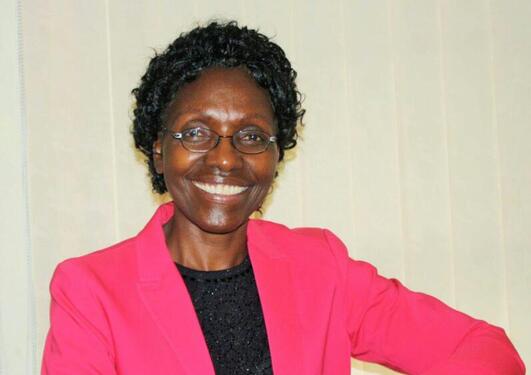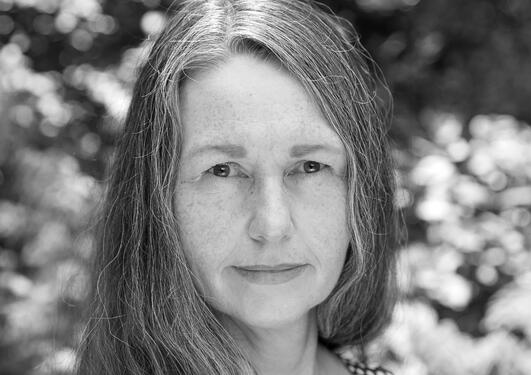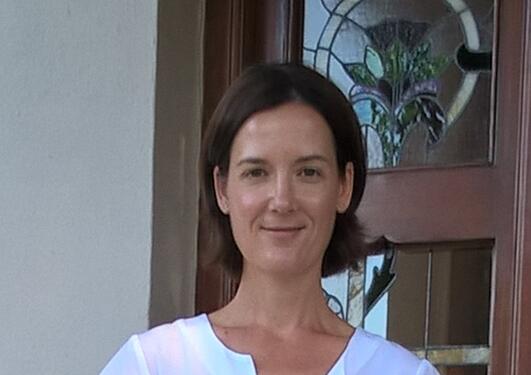Capitalism, Inequality, and the Myth of Catch-Up Development
Jason Hickel, Professor, Institute for Environmental Science and Technology at the Autonomous University of Barcelona.
Main content
Prevailing narratives in international development hold that poorer countries can and will "catch-up" with richer countries through the process of capitalist growth. But catch-up development is an illusion and is impossible for several reasons having to do with the structure of the capitalist world economy.
Capitalism in the core states relies on patterns of net appropriation from the periphery in order to stabilize growth and accumulation. This dynamic produces global inequality and precludes the possibility of catch-up development.
Furthermore, the levels of resource use and energy use in the core states are not universalizable, and are incompatible with a habitable Earth-system. In reality, achieving convergence in the world economy – and real progress in human development – requires fundamental changes to the balance of power in international trade and finance, with an emphasis on economic sovereignty and socialist policy in the global South. Such transformation will require an anti-colonial movement for the 21st century.
This session will be chaired by Professor Haldis Haukanes, University of Bergen.
Jason Hickel is an economic anthropologist, author, and a Fellow of the Royal Society of Arts. He is Professor at the Institute for Environmental Science and Technology at the Autonomous University of Barcelona, and Visiting Senior Fellow at the International Inequalities Institute at the London School of Economics.
He is Associate Editor of the journal World Development, and serves on the Statistical Advisory Panel for the UN Human Development Report, the advisory board of the Green New Deal for Europe, and the Harvard-Lancet Commission on Reparations and Redistributive Justice.
Hickel's research focuses on global inequality, political economy, post-development, and ecological economics, which are the subjects of his two most recent books: The Divide: A Brief Guide to Global Inequality and its Solutions (Penguin, 2017), and Less is More: How Degrowth Will Save the World (Penguin, 2020), listed by the Financial Times and New Scientist as among the best books of the year.
